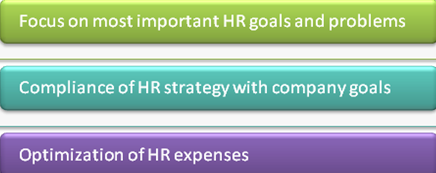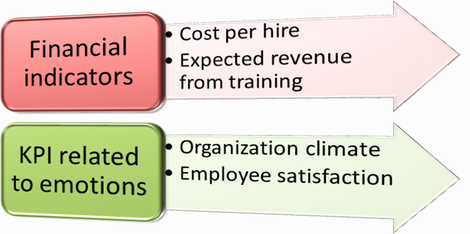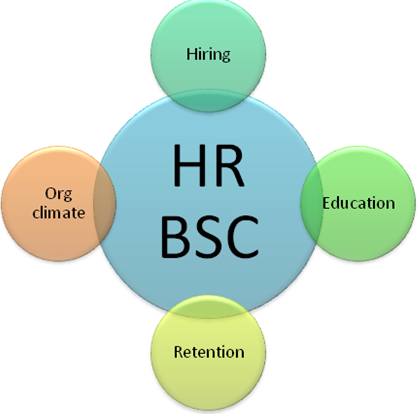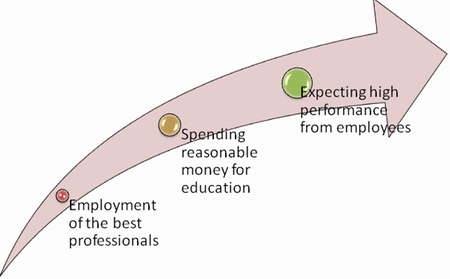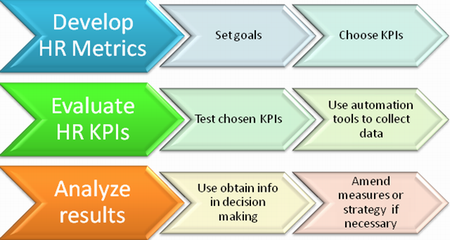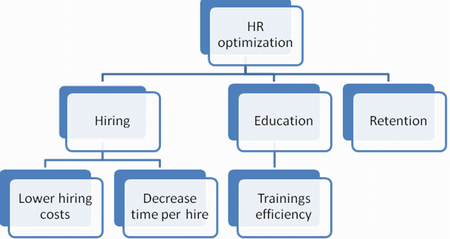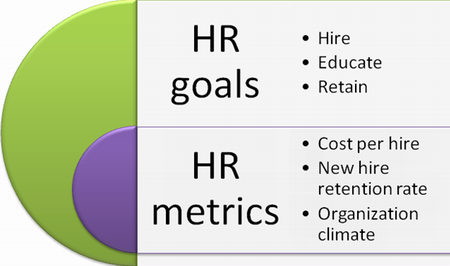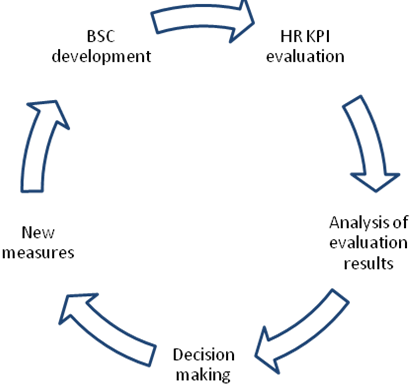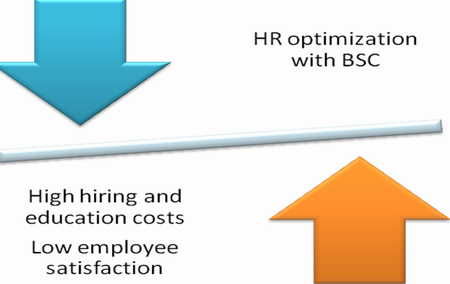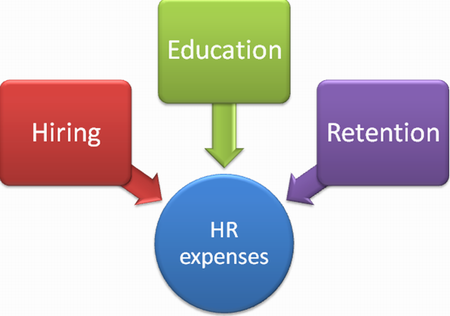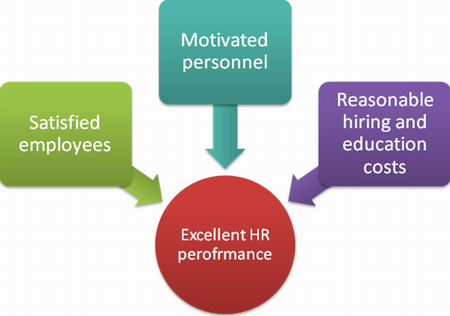Any organization, irrespective of its size, needs to know that their personnel are skillful and willing to learn. Actually, there is nothing strange about that: they invest money into the employees and they wish to gain the expected result. People, who do not know much about the whole process of employment, wrongfully believe that it does not involve considerable financial investments. Reality, though, proves quite the opposite: each step in this challenging procedure takes money. Consequently, the Human Resource Department should be very cautious and careful when conducting it, because if they make a wrong decision, it will affect the company’s performance sooner or later.
Actually, it is practically impossible to know in advance whether a particular employee will work well at his/her position or not. On the other hand, hiring qualified staff is the main aim of any HR department and they should try their best effort to do that efficiently. What is the way out then? The answer is as follows: it is HR metrics that will help fulfill this challenging task.
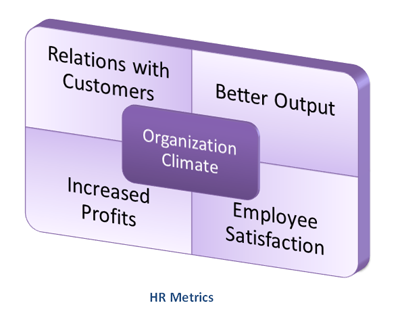
The fact is that no matter how experienced the HR personnel is, they will still face problems when employing this or that person. This is because any applicant realizes the importance of presenting his/her skills, knowledge and job experience in the best possible way. In other words, he/she will be trying to sell his/her best qualities that can work well for the benefit of the company. Consequently, it is hard to predict whether the applicant will come up to your expectations or not. This is where it is not recommended to rely solely upon your intuition and this is where the measurement tool (such as HR metrics) will come in handy.
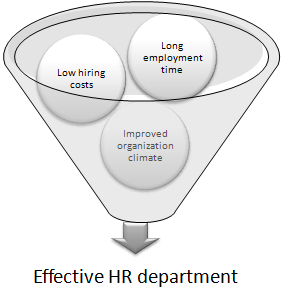
When establishing this system, you should keep in mind that it will undoubtedly take time, money and effort. Still, the result will be definitely worth that. Luckily, there is something you can do to facilitate this process. Just get as much information about your prospective employees as you can. Interviewing and background checks will help a lot here. You should also learn if there is a particular quota you should hit when employing new workers. If so, then you should be even more careful when going through this process. Do not hire those people whose proficiency is quite questionable, even though there is a vague chance that this person may do well at new position. Hitting a quota with all possible means is definitely not the best solution. And, of course, do not build too many HR metrics. Ten will be enough to assess the potential employee. These are basic recommendations that will help you hire efficient personnel.


